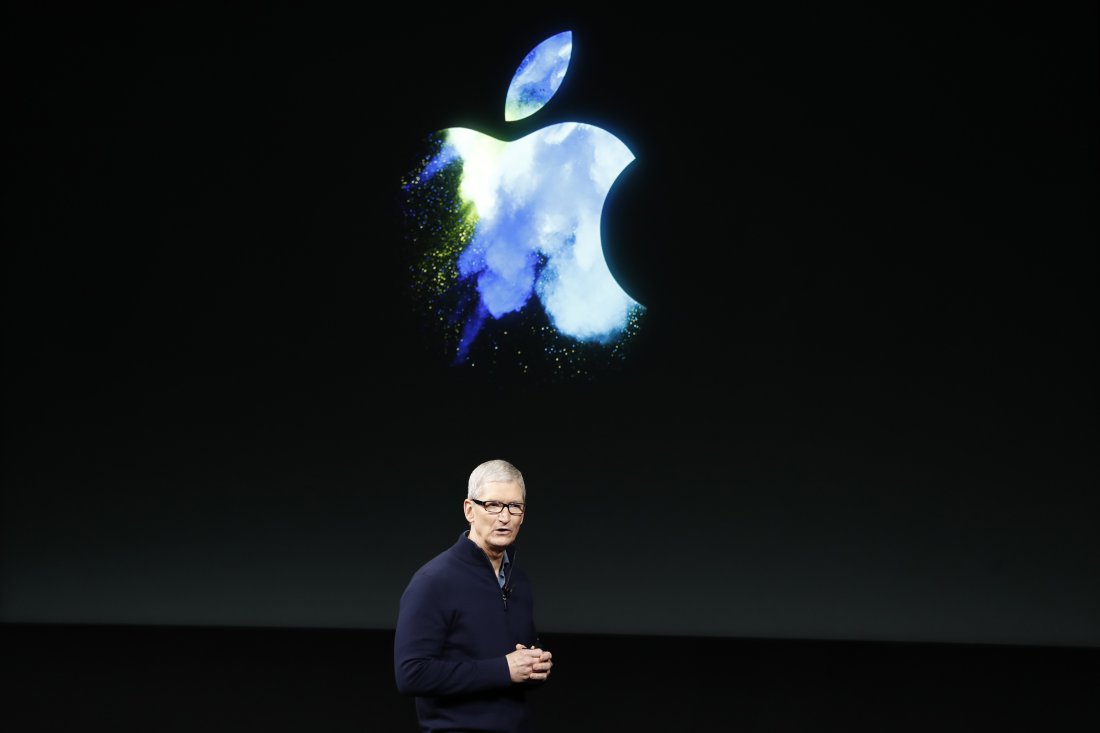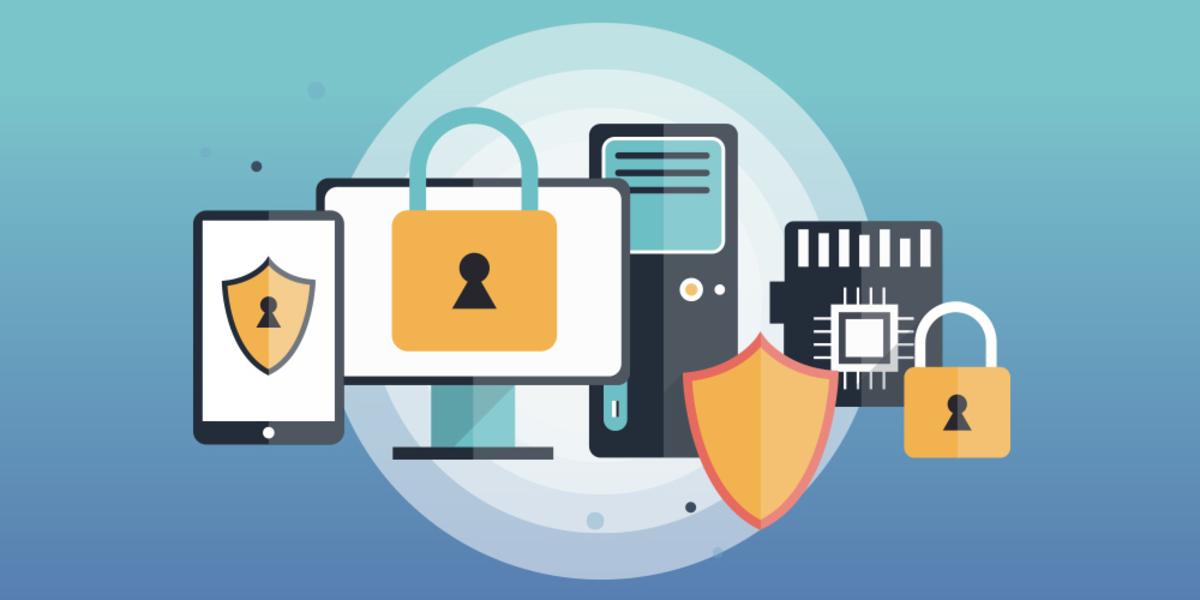Apple’s 2016 ended with a bang, but could even bigger events be afoot?
Apple (AAPL, +0.39%) this week announced earnings for the three months ending Dec. 31. And it was a big quarter with nearly $18 billion in profits. Meanwhile, hardware sales, including the Mac and iPhone, reached a new record high, helping Apple post $78.4 billion on the quarter.
By most yardsticks, Apple is doing well.
This is Fortune’s weekly roundup of the biggest Apple news this week. To see last week’s roundup, click here.
But the company has no plans to stand still. Apple CEO Tim Cook has high hopes of cementing Apple and its iPhone as the remote control for any smart home. He also hinted during the earnings call that a big acquisition in the media industry is possible.
Beyond that, Apple’s past week was marked by some other milestones, including reports that it might start to produce iPhones in India starting this spring.
Get Data Sheet, Fortune’s technology newsletter
Read on for all the important Apple news from the past week:
Apple had a record-breaking end to 2016. Apple’s cash hoard in its fiscal first quarter ending Dec. 31 grew to $246 billion, with the help of nearly $18 billion in profits. Apple’s iPhone, Mac, and Apple Watch sales reached new quarterly records, and its Services business, which includes iTunes and Apple Music, among others, continues to soar.
During Apple’s earnings call, Apple CEO Tim Cook dropped some big hints that his company may be planning an acquisition of a major media company. Cook didn’t say which company, or whether he’d even make a deal, but it was enough to get some investors excited.
Cook also said that he uses a number of smart home products, including a connected coffee maker and connected lights, that can be controlled using his company’s mobile operating system and virtual personal assistant Siri. He said he wants to see Apple expand its presence in the smart home, where Amazon and Google are both making a push.
People got an updated peek at Apple’s new headquarters, called the Spaceship, in a new drone video this week. The video suggests Apple could be close to moving into its new campus within the next few months, as planned.
Apple may assemble some iPhones in India starting in April, an Indian government official told Bloomberg this week. The move, which Apple hasn’t confirmed, comes after months of discussions between Apple and India. Apple has hoped to dramatically expand its retail presence in India, but the government there has requested Apple invest in the country first.
Apple’s MacBook Pro with Touch Bar was banned from bar exams for would-be attorneys this week. Several state bar associations, including those in New York and Colorado, are concerned that the Touch Bar that sits above the MacBook Pro’s keyboard could be modified by test-takers to cheat on the exam.
Apple’s Fifth Avenue store in New York City has been closed for weeks for renovations. This week, Apple’s landlord, Boston Properties, said the company plans to expand the store, which sits under a glass cube along Fifth Avenue, to 77,000 square feet. The store was approximately 32,000 square feet before it was closed for renovations.
Apple was slapped with a class-action lawsuit this week over allegations that it intentionally turned off its FaceTime video-conferencing app in 2014. The lawsuit alleges Apple turned off the feature in iOS 6 in order to get users to upgrade to iOS 7. Apple hasn’t commented on the lawsuit, but previously said the problem was caused by a bug.



